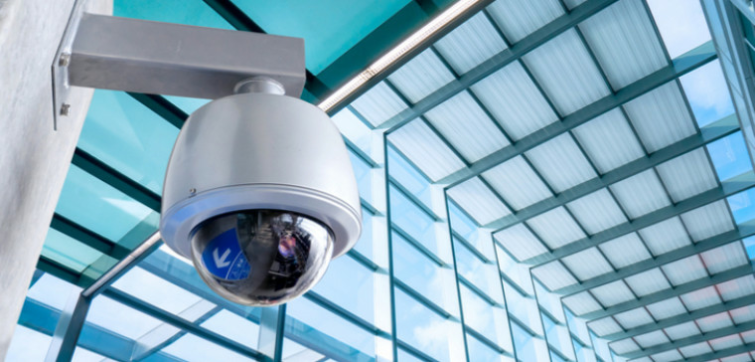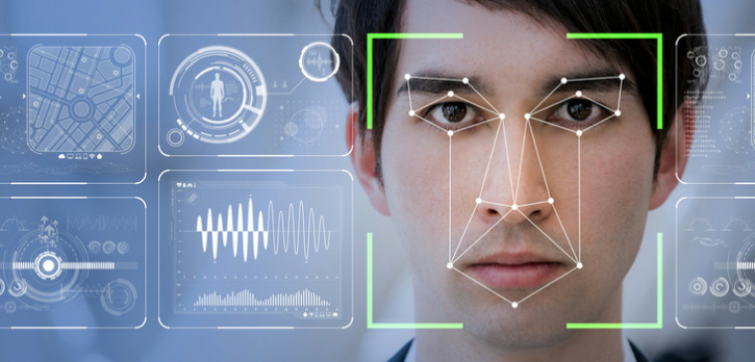The Brazilian government has announced plans to install Chinese made facial recognition cameras for crime prevention purposes.
If passed, the bill will permit cameras to be installed in many public spaces, including train and subway stations, airports, pedestrianized areas, and crucially in neighborhoods suffering from high levels of drug trafficking and organized crime.
The Brazilian government hopes to pass the bill in February and begin installing the cameras in Rio de Janeiro soon after. It is said the cameras will help the police with crime prevention - by allowing them to quickly pinpoint suspects and persons of interest. However, considering the state of Brazil’s current political environment, the cameras can be considered a troubling development.

Privacy concerns
The technology in question is already used throughout China, where the ruling Communist Party has around 170 million cameras already in place - with a staggering 400 million more expected to be added soon. Chinese police are already using them to associate faces with information stored in government databases.
For Chinese citizens, who are now also being subjected to a social credits system, the invasion of privacy is comprehensive. The technology permits law enforcement and government authorities to constantly keep tabs on people as they move around public spaces, checking their gender, age, what car they drive, and other data such as employment and tax records.
Privacy experts believe that Brazil’s new far-right government is going to pass a bill that permits the same invasive technology to be brought to Brazil’s streets. What even the Brazilian authorities might not realize, is that the sophisticated Chinese cameras may also be sending data back to the Chinese government.

A surveillance nightmare
In the US, two of China’s foremost security camera manufacturers (Hikvision and Dahua) have already been banned by the Trump administration. This followed revelations that the cameras had backdoors installed in them that were allowing government hackers to send images back to the Chinese government.
In Australia, the same cameras were recently ripped out of a sensitive Australian military base, the front entrance of government offices, federal departments, an Australian intelligence agency building, and the Edinburgh Royal Australian Air Force base. With evidence circulating that Chinese camera manufacturers work with the government to perform covert surveillance - alarm bells are now also ringing in New Zealand.
It's already known that the cameras are sophisticated enough to perform political espionage. In 2017, they tracked a BBC journalist down in a Beijing subway just 7 minutes after the authorities had entered his photo into the system's database. Under such circumstances, it is easy to see how cameras with facial recognition capabilities could be a serious risk to national security.
What’s more, facial recognition data is extremely valuable - not only because it can be used to further develop AI algorithms - but also because it can be combined with data from secondary sources to provide hackers, or the Chinese government, with highly invasive datasets about Brazilian citizens.
Inevitable consequences
According to Renato Opice Blum, Digital Law program coordinator at the Research and Education Institute (INSPER) in São Paulo, the cameras are inevitable, but he is hopeful that privacy legislation due to come into effect in 2020 (Data Protection Act, which was approved under the previous government) will help protect Brazilian citizens: “I see this path as irreversible. For this reason, it is going to be necessary to monitor society and update legislation to avoid abuse in the use of these tools.”
Brazil with it's newly elected far-right administration likely has enough to worry about at home without China lurking in the background. The far-right has a history of surveillance and a knack for changing laws to suit their own needs. No matter which way you look at it, cameras with facial recognition capabilities are likely to cause a massive invasion of privacy for Brazilians at a time when Brazil's political landscape is already looking bleak
increasing government surveillance is making you cautious about your own privacy, you can stay private online by using a . Check out our best no logs VPN page for more information.
